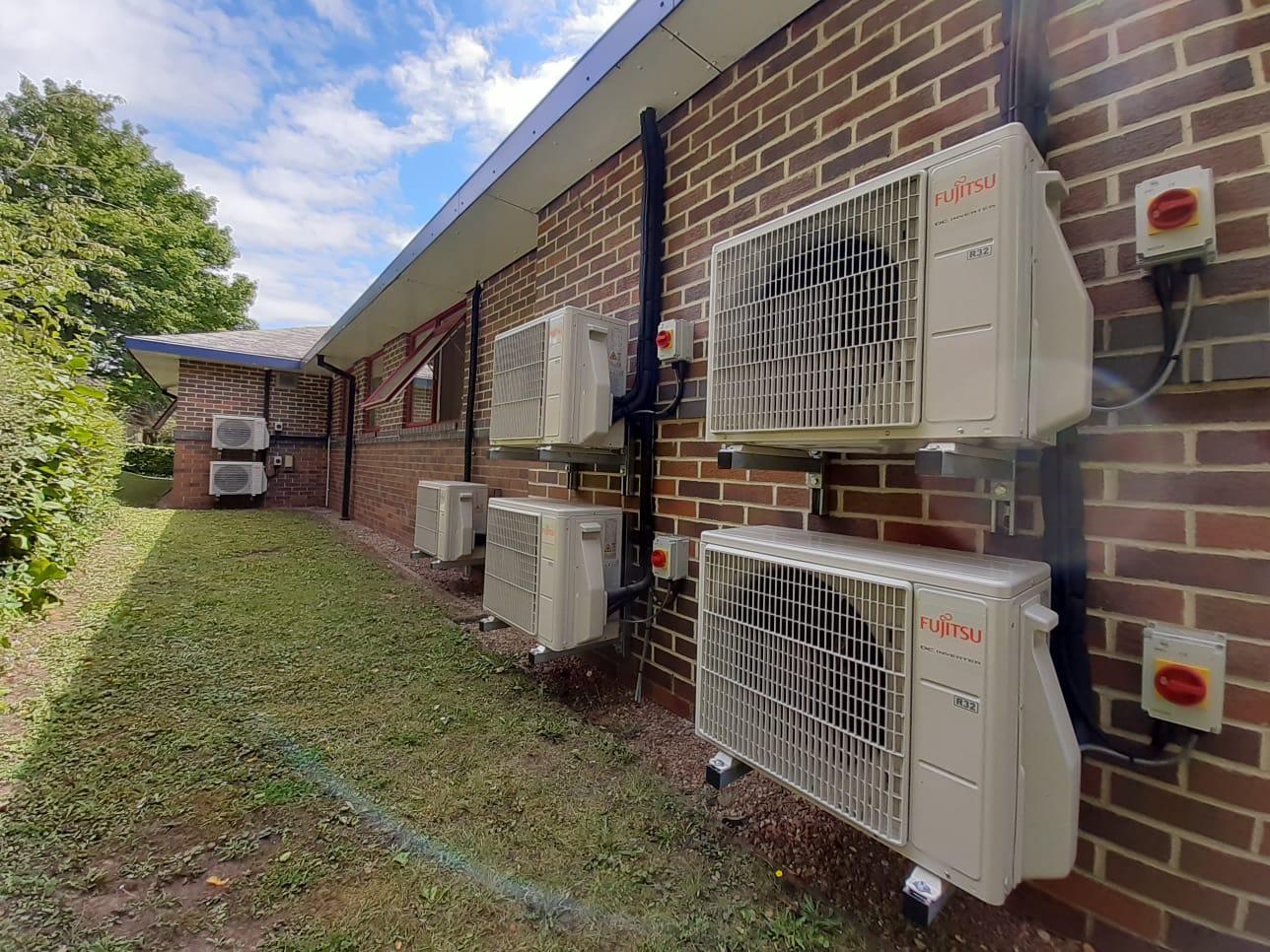Introduction
In today’s fast-paced world, the efficiency of our living and working environments is paramount. For businesses and educational institutions in Winchester and Plymouth, this efficiency is often dictated by the quality of their air conditioning systems. Air Improve, a leading provider of air conditioning, ventilation, and related services, stands at the forefront of delivering modern, energy-efficient solutions. This article delves into the substantial cost savings that can be realised by upgrading to a modern air conditioning system.
The Importance of Efficient Air Conditioning
Air conditioning is not just about comfort; it’s a crucial component in maintaining the productivity and well-being of those within commercial, educational, and office spaces. Inefficient systems not only lead to increased energy bills but also contribute to a less conducive working or learning environment. The relevance of an efficient air conditioning system is further accentuated by the ever-increasing energy costs and the growing awareness of environmental impacts. In this context, modern air conditioning systems emerge as not just a luxury, but a necessity.
Outdated Systems vs. Modern Solutions
Comparing the old with the new paints a clear picture of progress. Traditional air conditioning units are often characterised by their higher energy consumption, frequent need for repairs, and less effective climate control. In contrast, modern systems are designed with energy efficiency and user-friendliness in mind. They are equipped with features like inverter technology, which significantly reduces power consumption by adjusting the motor speed to the temperature required.
Benefits of Modern Air Conditioning Systems
The leap to modern air conditioning systems comes with a host of benefits:
- Energy Efficiency: Modern units can reduce energy usage by up to 40%, a significant saving for any institution.
- Cost-Effectiveness: Lower energy consumption translates to reduced utility bills.
- Environmental Impact: By using less power, these systems decrease the carbon footprint of a building.
- Advanced Features: Smart controls and programmable settings allow for better management of indoor climates.
Case Studies: Success Stories from Air Improve
Air Improve has a track record of helping institutions transition to more efficient systems. For instance, a local school in Winchester managed to reduce its energy bills by 30% annually after upgrading its outdated system to a more modern solution provided by Air Improve. These real-life examples underscore the tangible benefits of upgrading.
Understanding the Investment: Cost vs. Savings
While the initial investment in a modern air conditioning system can be substantial, the long-term savings are undeniable. The reduced need for repairs, coupled with lower energy bills, means that the system often pays for itself within a few years. Air Improve offers flexible financing options and expert advice to help manage these upfront costs.
Customized Solutions from Air Improve
Recognising that each space has its unique requirements, Air Improve specialises in providing bespoke solutions. Whether it’s a compact office space or a sprawling educational complex, their team of experts ensures that each installation is tailored to the specific needs of the environment.
Conclusion
Upgrading to a modern air conditioning system is an investment in efficiency, cost-saving, and environmental responsibility. With Air Improve’s expertise, businesses and institutions in Winchester and Plymouth can navigate this transition smoothly and reap the benefits for years to come. For a personalised assessment or consultation, reach out to Air Improve today.


